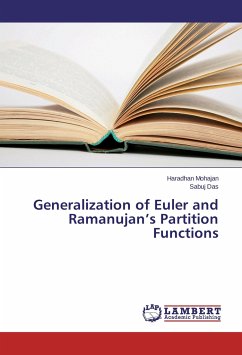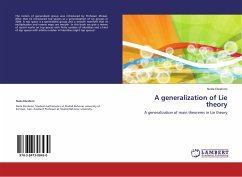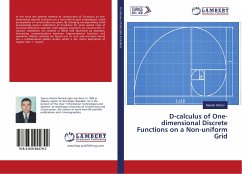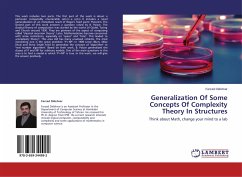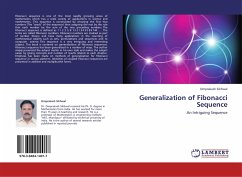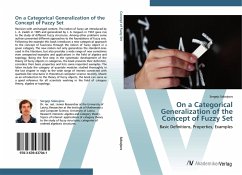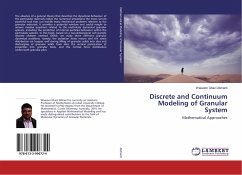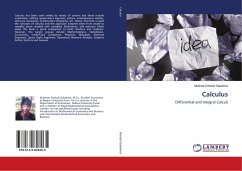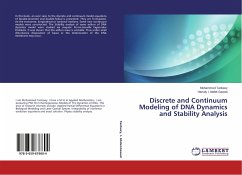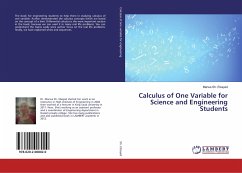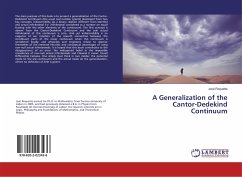
A Generalization of the Cantor-Dedekind Continuum
Versandkostenfrei!
Versandfertig in 6-10 Tagen
16,99 €
inkl. MwSt.

PAYBACK Punkte
8 °P sammeln!
The main purpose of this book is to present a generalization of the Cantor-Dedekind Continuum (the usual real number system) developed from two key concepts: indiscernibility (as a binary relation different from identity) and actual infinitesimal (i.e. infinitesimal considered as a number on equal footing with the other elements of the continuum). The first concept is absent from the Cantor-Dedekind Continuum and the sole actual infinitesimal of this continuum is zero. And yet indiscernibility is an exigence of our intuition of the smooth connection between the constituent parts of the linear ...
The main purpose of this book is to present a generalization of the Cantor-Dedekind Continuum (the usual real number system) developed from two key concepts: indiscernibility (as a binary relation different from identity) and actual infinitesimal (i.e. infinitesimal considered as a number on equal footing with the other elements of the continuum). The first concept is absent from the Cantor-Dedekind Continuum and the sole actual infinitesimal of this continuum is zero. And yet indiscernibility is an exigence of our intuition of the smooth connection between the constituent parts of the linear continuum when this continuum is considered locally, and physicists and engineers refuse to deprive themselves of the immense heuristic and conceptual advantages of using non-null actual infinitesimals. It is hoped that this book contributes to the disappearance of an error: the widespread belief in the impossible coexistence of non-null actual infinitesimals and Classical (I mean: Usual) Differential Calculus. One simply must think in two modes: the potential mode (in the old continuum) and the actual mode (in the generalization, where no definition of limit is given).



